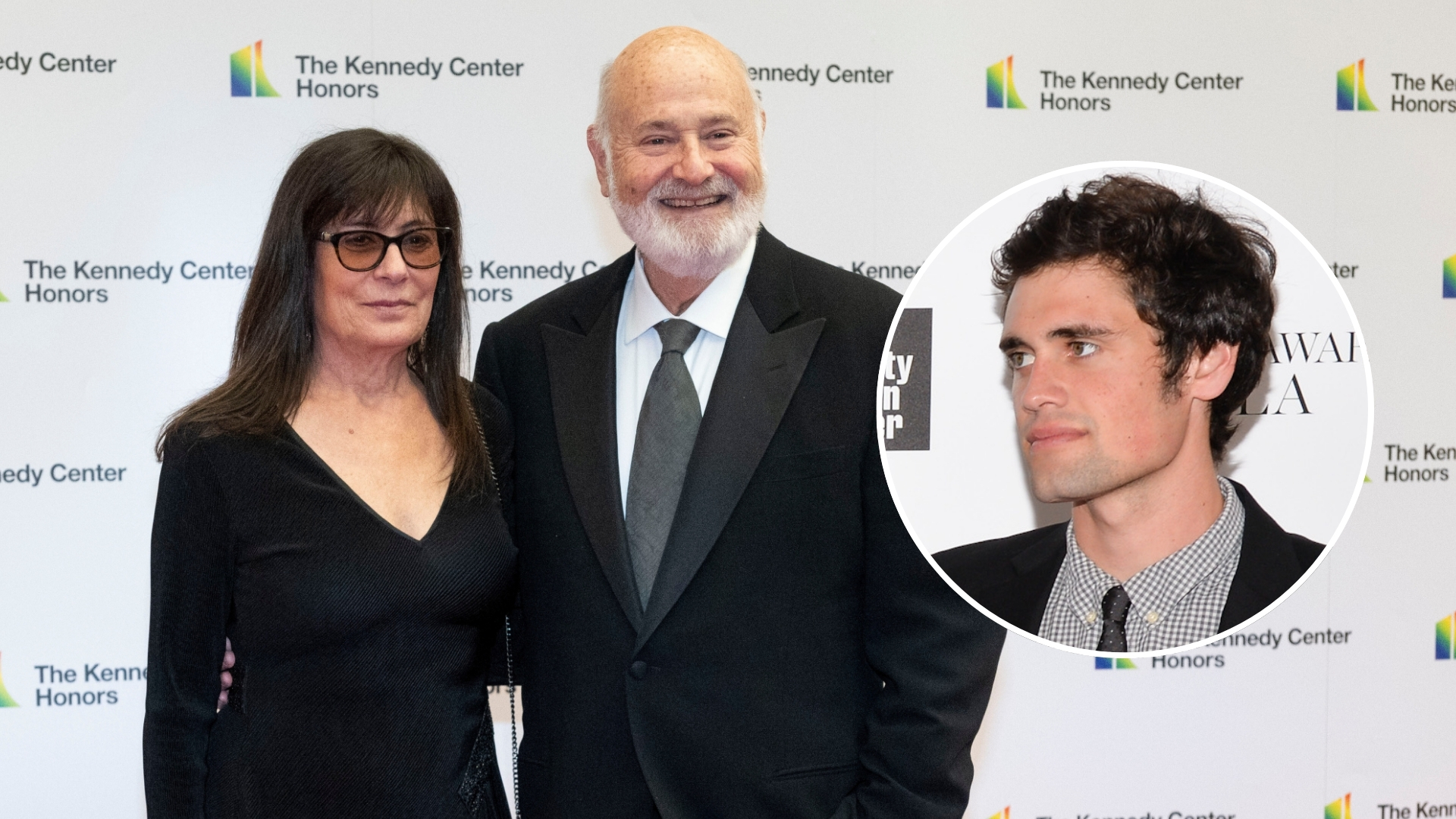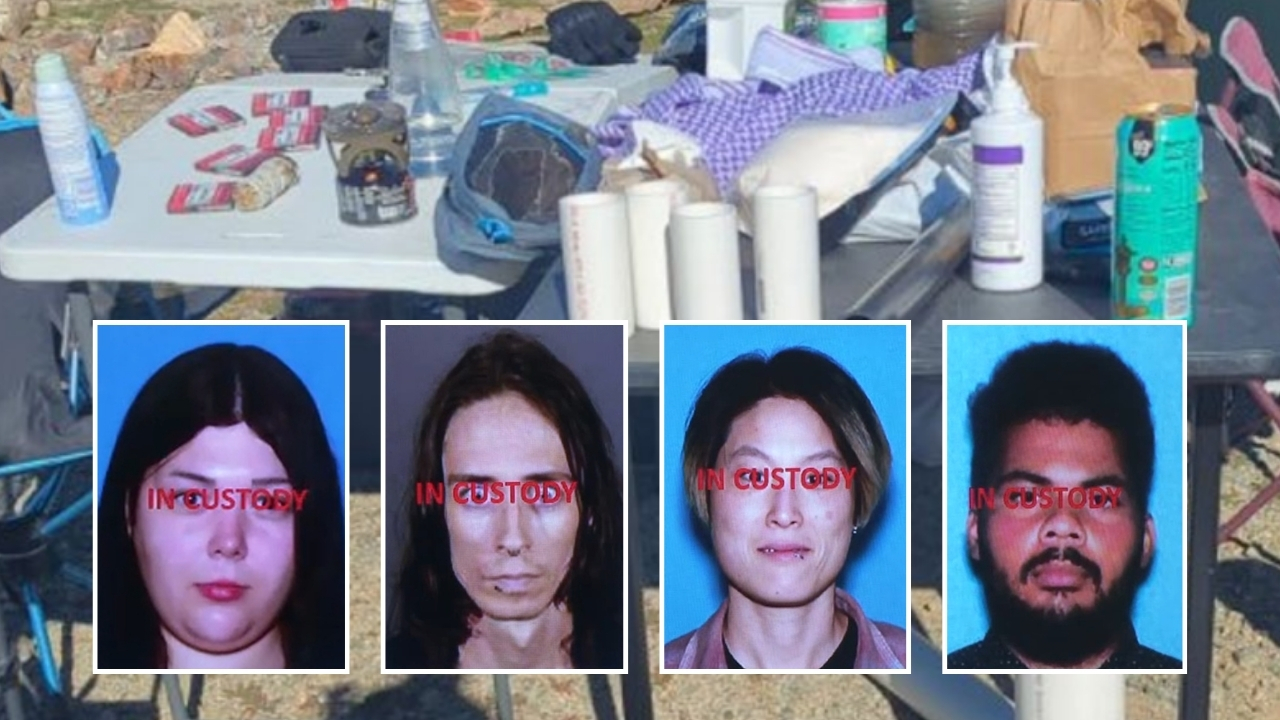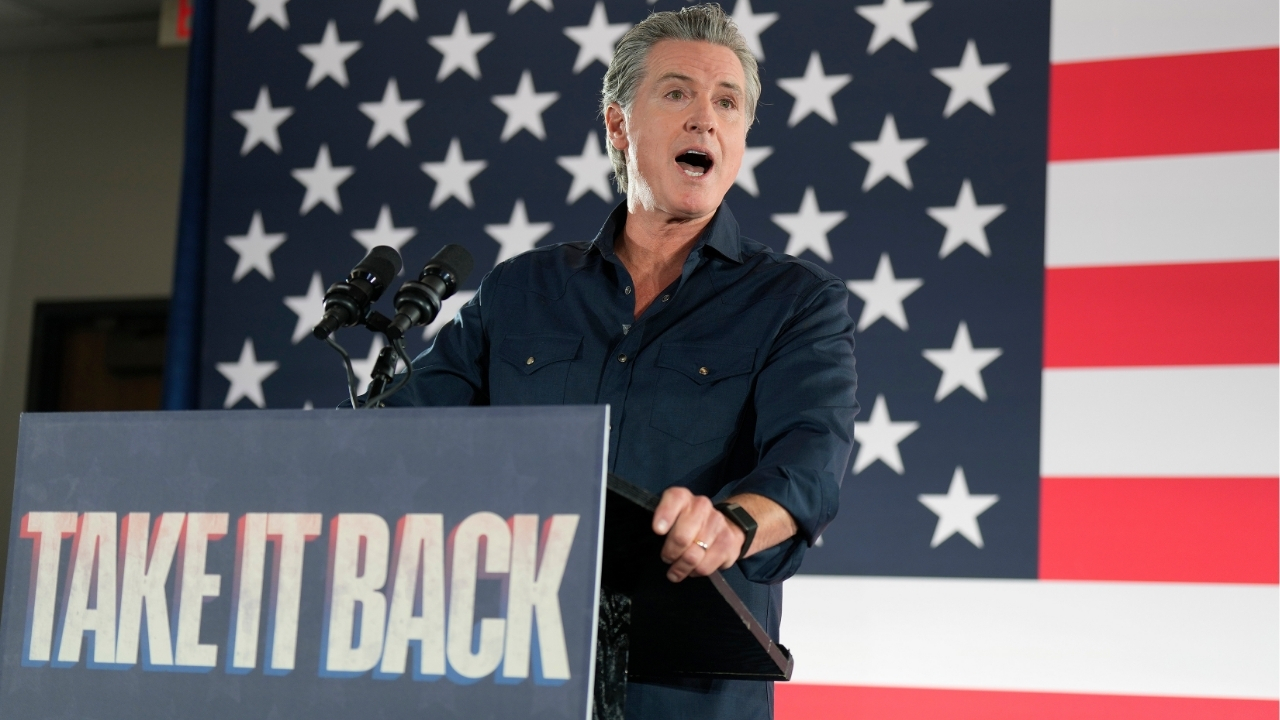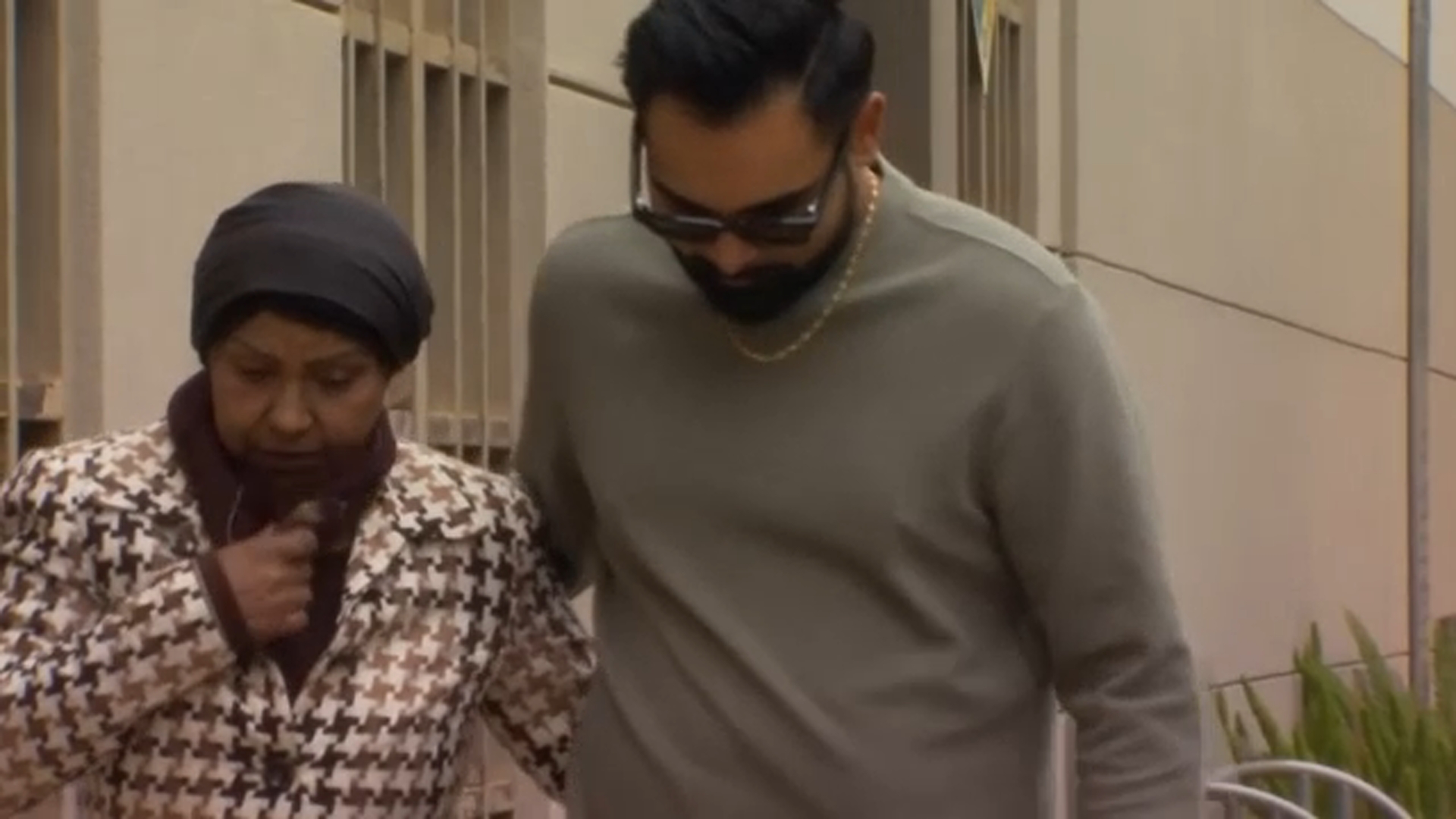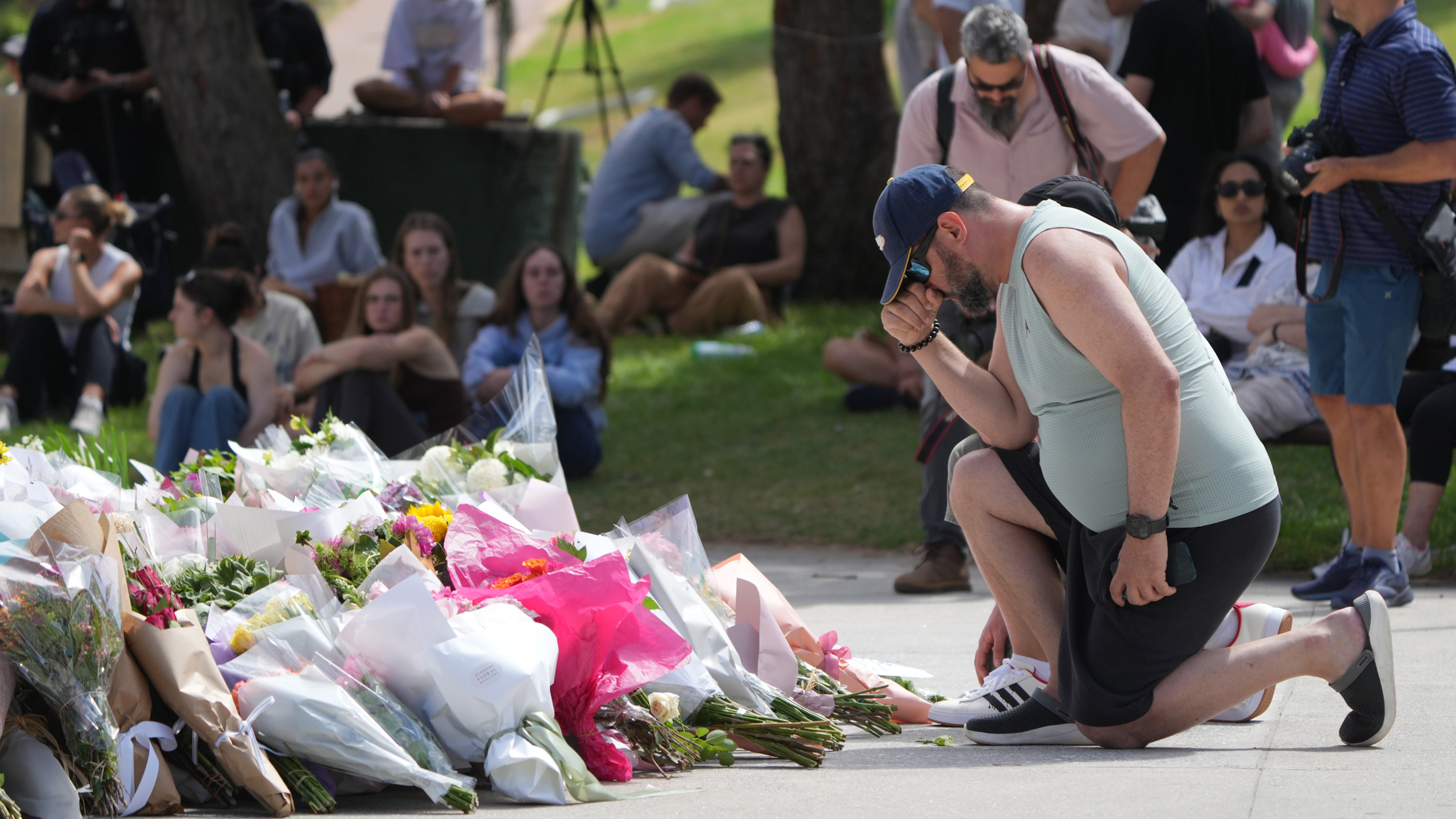Mike Scioscia: Josh Hamilton to begin extended spring training this week

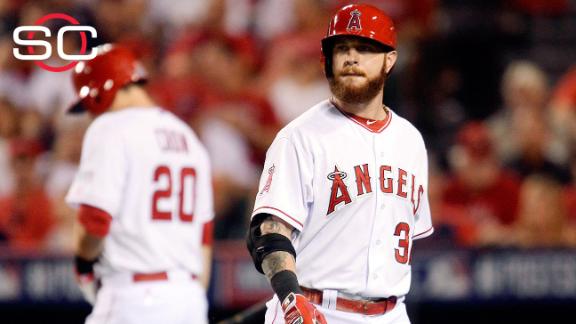
ANAHEIM, Calif. -- Los Angeles Angels manager Mike Scioscia has confirmed troubled left fielder Josh Hamilton is close to beginning an extended spring program in Arizona.
Hamilton, who has been recovering from surgery Feb. 4 to repair the AC joint in his right shoulder, was visited by Scioscia in Houston last week prior to the Angels' weekend series with the Astros.
"It will be this week, and every day hopefully will bring a little more clarity to the situation," Scioscia said Tuesday. "I think first and foremost, the support and help that Josh needs will be provided. I think it's an important first step for us as an organization to help Josh as a person, and that's the first step to getting him prepared to come and play for us.
"I don't know what form that help is going to take, but that's what Josh is going to need before he's out here playing on a baseball field. There's a lot of evaluating that needs to take place with Josh, both on and off the field. I know that he's itching to get going."
However, general manager Jerry DiPoto told the Los Angeles Times that no dates have been set.
Hamilton, a five-time All-Star and 2010 AL MVP, learned recently that Major League Baseball would not discipline him for his self-reported relapse into substance abuse. He has a full no-trade clause in his five-year, $125 million contract and is still owed $83 million through the 2017 season.
"Hopefully he'll make that transition to his baseball activities and get into rehab games and see where it goes," Scioscia said. "What's best for Josh is what's best for us. That's where the focus is."
The Los Angeles Times had reported late Monday that the Angels have outlined a plan under which Hamilton could rejoin the team in early June. The Times, citing a source familiar with the team's plan, reported Hamilton will participate in the Angels' extended spring training program for two to three weeks at their complex in Arizona and then begin a minor league rehabilitation assignment before potentially returning to the Angels.
The Angels' plan does not guarantee that Hamilton will play again for the team, according to the Times.
Hamilton's locker at Angel Stadium currently is being used by second baseman Johnny Giavotella, and there is no merchandise in the Angels' souvenir shop with his name or likeness.
Angels owner Arte Moreno said shortly after the season began that the language in Hamilton's contract gives the Angels an out if he has a relapse of the drug and alcohol problems that plagued him all the way back to the beginning of his big league career. The players' association disputed those claims.
"I think the initial comments from John [Carpino, the Angels' president] and Jerry and Arte all addressed the issue of the joint drug agreement, and the frustration of how the drug agreement does not provide a player with the help and support and the resources he needs," Scioscia said.
"Josh is an extreme case that probably tested the limits of a lot of programs, but that was what we were left with. Our organization has always had players' best interests at heart. The issue was addressing the needs of a player, and to some extent, the burden is on us to get it done. And that's what's happening now."
Multiple Angels players, including Mike Trout and C.J. Wilson, have voiced their support for Hamilton over the past week.
According to the Times report, the players could be discouraged if the Angels, who are struggling offensively, were to part ways with a healthy Hamilton.
The Angels entered Tuesday with a .212 team batting average, the fifth-lowest in the majors. Matt Joyce and C.J. Cron, who have been the primary replacements for Hamilton in the lineup, are batting .167 and .129, respectively, and they have combined for one home run and seven RBIs.
Scioscia was a Dodgers teammate of the late Steve Howe, who also had abused drug and alcohol. But he declined to compare the two situations.
"This disease is just hideous and tough to deal with," was all Scioscia would say. "There's a lot of people who deal with it every day, and we're going to make sure that Josh has the tools and the support in place to be able to deal with it and get back to doing what he wants to do. And that's play baseball.
"I can guarantee that the priority for what we're about is to get a player whole. And that takes help and support, which up until now we weren't sure whether it was being provided with Josh."
The Associated Press contributed to this report.br/]


